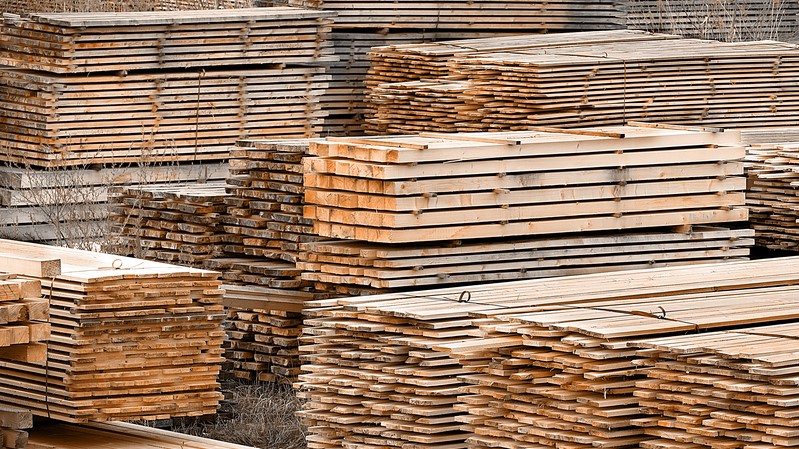
Range, volume, and delivery times of construction products are at their best in two years, the Construction Leadership Council (CLC) reports.
However, the news from the co-chairs of the CLC’s product availability working group is tempered with concerns that the market may be softening, rising energy prices, and Russian sanctions.
CEO of the Builders Merchants Federation, John Newcomb, and Peter Caplehorn, CEO of the Construction Products Association, said softening demand was most clearly seen in the home improvement sector, affected by the rising cost of living.
This is also impacted by fewer large commercial construction contracts being placed. And softening demand has reduced overall product price inflation from 25% to 17%.
Rising energy prices and their impact on cost and availability is concerning, especially for intensive products such as bricks, blocks, glass, steel, cement and ceramics. These have already seen sustained price increases during 2022 and some suppliers have announced further increases from January.
This is in spite of the government’s Energy Bill Relief Scheme and the fact that many manufacturers have already hedged energy costs.
Sanctions on Russia
The co-chairs also highlighted that sanctions on Russia after its invasion of Ukraine are also restricting supplies of certain products.
On a more positive note, availability of bricks has “significantly” improved and aircrete block manufacturers report strong sales of foundation blocks. There is less correlation than usual expected between sales of foundation blocks and increased sales of above-ground blocks, due to builders seeking to get new starts registered before changes in Part L regulations next June.
Longer delivery times for gas boilers remain and early ordering is recommended, but availability is more positive than for some months.
Electro-technical products continue to be affected by restricted supply of semi-conductors, says the CLC. Rising interest in energy-saving products could impact availability further and escalate prices.
Timber prices have fallen and there is good availability with the exception of specialities such as birch plywood, affected by Russian sanctions. Due diligence documentation is required for birch plywood showing it is legally sourced from Finland or Latvia.
Availability for steel is good, but rising rebar prices, due to increased energy costs, are a concern. Products are being imported from unusual markets, such as Egypt, which may be of a lower quality. Russian sanctions prohibit import of semi-finished steel products, which may also impact on availability.










